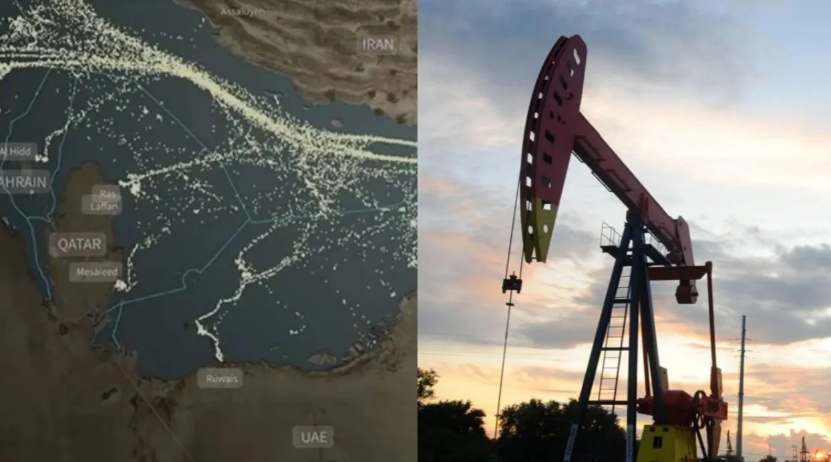In response to U.S. and Israeli airstrikes on its nuclear facilities, Iran has moved to close the strategic Strait of Hormuz, a decision approved by its Parliament that could have far-reaching global economic implications. The waterway, which links the Arabian Sea to the Persian Gulf, is responsible for transporting nearly 20% of the world’s crude oil. The Iranian move comes amid heightened tensions in the West Asia region and is expected to disrupt oil supplies, particularly impacting countries such as India, China, Japan, and South Korea. Experts predict that crude oil prices could surge to $120–130 per barrel if the strait is blocked, significantly affecting global inflation and growth projections.
India, which imports nearly 90% of its crude oil needs—40% of it via the Strait of Hormuz—could face severe consequences. A \$10 increase in oil prices could lower India’s GDP growth by 0.3 percentage points and raise inflation by 0.4%, analysts estimate. The ripple effects would also be felt across sectors indirectly linked to crude oil, including plastics, chemicals, tyres, and paints, while increased transport costs could lead to price hikes in daily essentials like soaps and detergents. With the rupee under pressure due to rising import costs, the situation poses a serious economic threat. The Indian government currently imports oil mainly from Saudi Arabia, the UAE, and Iraq—countries that also rely on the Hormuz passage—making the strait’s closure a matter of immediate strategic concern.






